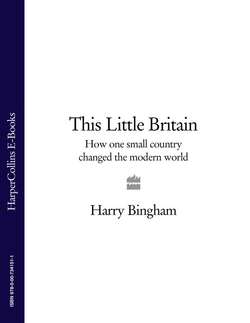Читать книгу This Little Britain: How One Small Country Changed the Modern World - Harry Bingham - Страница 9
T as in debt
ОглавлениеThe silent B in debt is another tree ring.
When the Masters of Chancery were working to fix the language, there was a debate between those who thought that all spellings should be phonetic, and those who wanted them to be based on sound etymology. The phonetic camp won out in most cases, but not in all. Debt has a silent B, simply because medieval scholars wanted to point out that the word has its origins in the Latin debere, to owe. So a silent B was added—and never mind the fact that the word actually came from the French dette, which never had a B anywhere near it.
This was a quirky way to justify introducing a totally needless letter, and it was based on a more than generous interpretation of etymology, but there was, at least, an etymological connection, however thin. Medieval scholars were, however, prone to finding connections to the Latin where none actually existed, so our language is littered with plenty of spellings that are unjustifiable on any level. Island doesn’t come from the Latin insula; it comes from an s-free Germanic root. (Compare modern German Eiland.) Anchor, rhyme, scythe, island, numb, ghost and many others derived their oddness from other errors fixed and perpetuated by Renaissance dictionaries.
